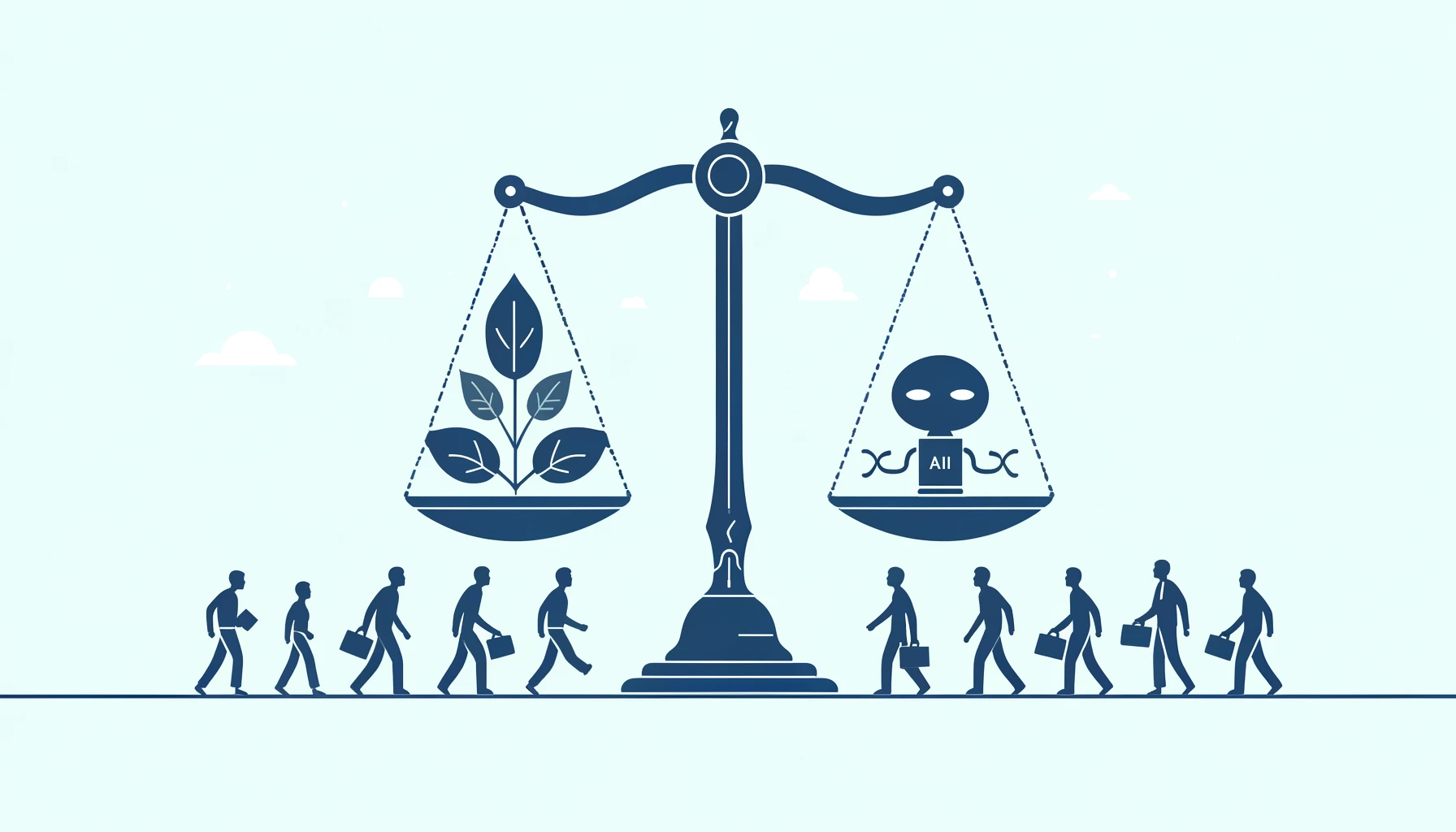The Federal Trade Commission (FTC) is gearing up to scrutinize the burgeoning field of artificial intelligence (AI) technology, FTC Chair Lina Khan revealed at TechCrunch’s StrictlyVC event in Washington, D.C., on June 11, 2024. However, the FTC’s approach is not intended to stifle innovation among startups but to ensure fair competition and consumer protection in the AI landscape.
Ensuring Fair Competition
Speaking to an engaged audience, Khan emphasized the FTC’s commitment to maintaining open pathways for commerce, allowing startups with innovative ideas to thrive without the fear of being quashed by larger, more established competitors. “We want to make sure that the arteries of commerce are open, that the pathways of commerce are open, and if you have a good idea, if you’re able to commercialize it — if there’s interest in the marketplace — that you have a fair shot at competing,” she stated. The FTC’s mission is to ensure that the success of a startup hinges on its ingenuity and business acumen rather than its threat to dominant players.
Addressing AI’s Potential Harms
Despite this supportive stance towards startups, the FTC is acutely aware of the potential risks posed by AI technology. Khan noted a rising number of consumer complaints, particularly in areas like voice-cloning fraud. This type of fraud recently garnered attention when OpenAI released, then retracted, a ChatGPT voice resembling actress Scarlett Johansson, who claimed her voice was cloned without consent. OpenAI contended that a different voice actress was used.
Comprehensive AI Oversight
The FTC’s vigilance extends across the entire AI ecosystem, from hardware like chips to cloud services, AI models, and downstream applications. “We’re really looking across the stack — so from the chips to the cloud, to the models, to the downstream apps — to try to understand what’s going on in each of these layers,” Khan explained. The agency aims to gather insights from industry stakeholders to better understand both opportunities and risks associated with AI.
Challenges and Innovative Approaches
Policing AI technologies presents significant challenges, even with the influx of technologists the FTC has hired. Khan mentioned receiving over 600 applications from technologists eager to join the FTC, though the exact number hired remains undisclosed. The FTC currently employs around 1,300 people, a decrease from the 1980s despite a fifteenfold increase in the economy.
To tackle AI fraud, the FTC is adopting innovative tactics, such as the recent voice-cloning challenge. This initiative invited market participants and the public to propose methods for detecting and monitoring fraudulent use of voice-cloning technology in real time. By leveraging these ideas, the FTC hopes to foster market-driven solutions to combat AI fraud.
Focus on True Openness
Khan also highlighted the importance of genuine openness in AI, questioning whether current claims of openness are merely branding exercises. “How do we make sure it’s not just a branding exercise, but when you look at the terms it’s truly open?” she asked. The FTC aims to preemptively address “open first, closed later” strategies reminiscent of the Web 2.0 era, ensuring that AI technologies remain genuinely open and accessible.
Monitoring AI Hype
Another key area of focus for the FTC is the phenomenon of AI hype, where the capabilities of AI products are exaggerated. “Some of these AI tools we think are being used to market, and to kind of inflate and exaggerate, the value of what may be offered,” Khan noted. The FTC has already initiated several cases related to deceptive advertising in the AI sector and will continue to scrutinize such practices to protect consumers from misleading claims.
Conclusion
From my point of view, the FTC’s balanced approach is crucial in fostering a competitive and fair AI market. By supporting innovation while safeguarding consumers, the agency aims to navigate the complex landscape of AI technology effectively. As the FTC continues to refine its strategies and collaborate with industry stakeholders, it will be interesting to see how its efforts shape the future of AI regulation and innovation.
Source: https://techcrunch.com/2024/06/11/ftc-chair-lina-khan-shares-how-the-agency-is-looking-at-ai/






